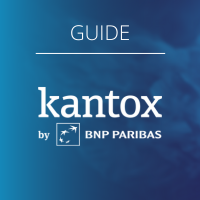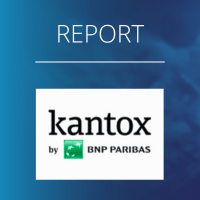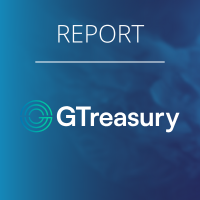Cash management is the strategic practice of collecting, handling, and using a company’s cash to ensure it has the liquidity to meet immediate obligations while optimizing its financial resources. It is the operational engine of treasury, directly impacting financial stability and profitability. Today, it has evolved from a focus on transaction processing to a critical, data-driven function essential for strategic decision-making and competitive advantage.
The Evolving Role of the Cash Manager
The modern cash manager operates as a strategic partner, moving beyond payment execution to actively optimize liquidity and support business growth. Key responsibilities now include:
-
Liquidity Optimization: Ensuring cash is in the right place, currency, and time to fund operations, reduce external borrowing, and maximize returns on surplus funds.
-
Strategic Cash Forecasting: Developing reliable short, medium, and long-term forecasts using advanced tools and data analytics to inform business strategy and financing decisions.
-
Technology & Infrastructure Management: Overseeing a secure and efficient payment ecosystem, integrating banking partners, Treasury Management Systems (TMS), and ERP platforms via APIs for real-time data flow and automation.
-
Bank & Partner Relationship Management: Strategically selecting and managing relationships with banks and fintech providers to access best-in-class services, favorable terms, and innovative solutions like virtual accounts and API banking.
The practical application of the cash management processes relies on specific financial structures and banking services.
Key Implementation Considerations
Modern cash management is shaped by several critical factors:
-
Digitalization and APIs: Application Programming Interfaces (APIs) enable real-time connectivity between a company’s TMS/ERP and its banks. This allows for instant balance reporting, automated payment initiation, and seamless data flow, replacing manual file uploads.
-
Payment Evolution: New global standards like ISO 20022 provide richer, structured payment data, enabling straight-through processing and better reconciliation. The rise of instant payment schemes (e.g., SEPA Instant in Europe) demands faster cash flow forecasting and liquidity management.
-
Process Automation: Robotic Process Automation (RPA) is used to automate repetitive tasks like bank statement reconciliation, payment validation, and data entry, freeing the cash manager for higher-value analysis.
-
Strategic Banking Partnerships: Companies are moving from using many banks to a consolidated panel of strategic partners that offer advanced digital services, global coverage, and collaborative innovation.
In summary, modern cash management is a dynamic, technology-enabled discipline that creates competitive advantage through optimized liquidity, reduced costs, and enhanced operational efficiency. The cash manager is pivotal in executing this strategy.
 https://treasuryxl.com/wp-content/uploads/2026/02/Nomentia-BLOGS-featured.png
200
200
treasuryXL
https://treasuryxl.com/wp-content/uploads/2018/07/treasuryXL-logo-300x56.png
treasuryXL2026-02-24 07:00:562026-02-23 16:40:30Nomentia Treasury Trends Report 2026
https://treasuryxl.com/wp-content/uploads/2026/02/Nomentia-BLOGS-featured.png
200
200
treasuryXL
https://treasuryxl.com/wp-content/uploads/2018/07/treasuryXL-logo-300x56.png
treasuryXL2026-02-24 07:00:562026-02-23 16:40:30Nomentia Treasury Trends Report 2026































































